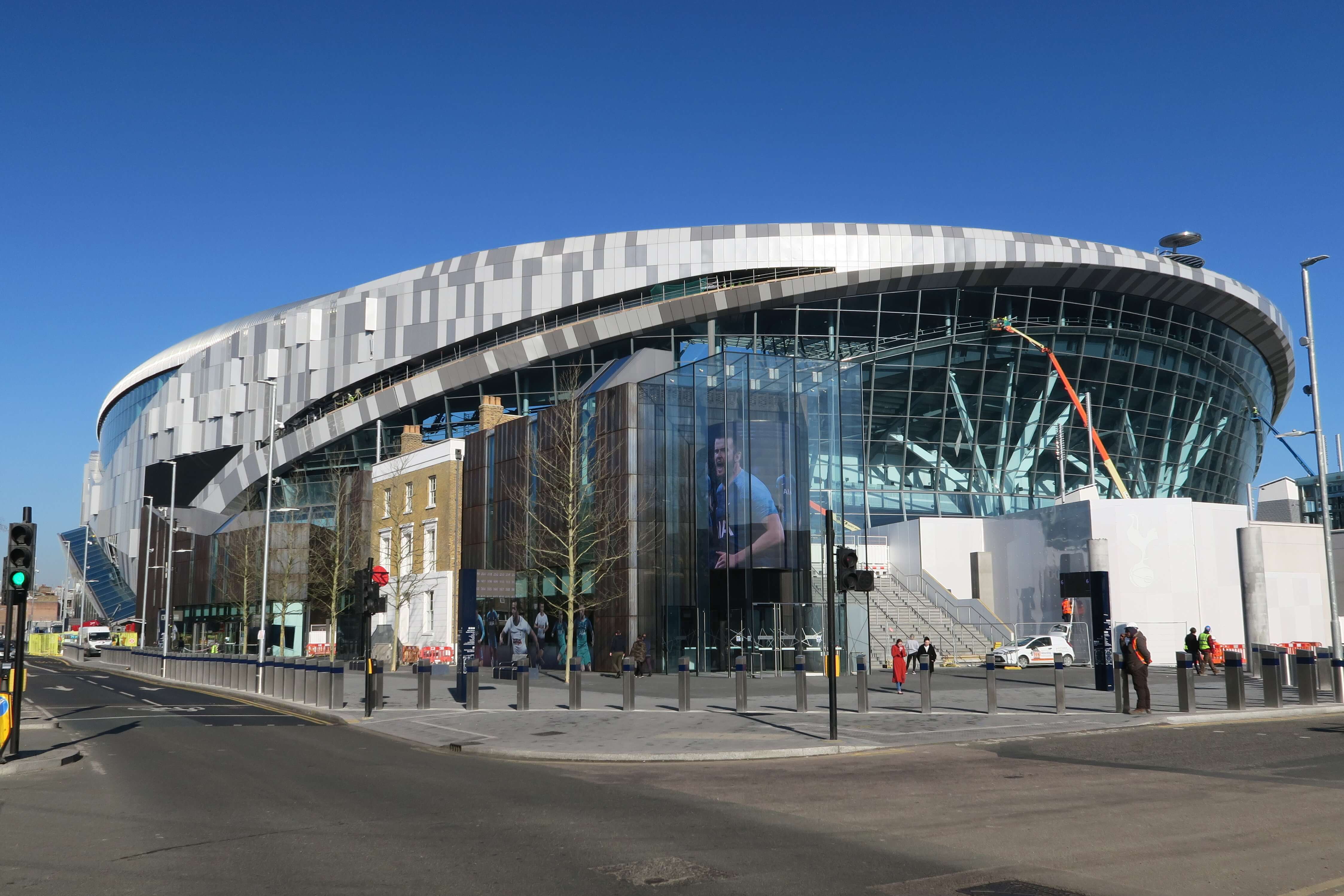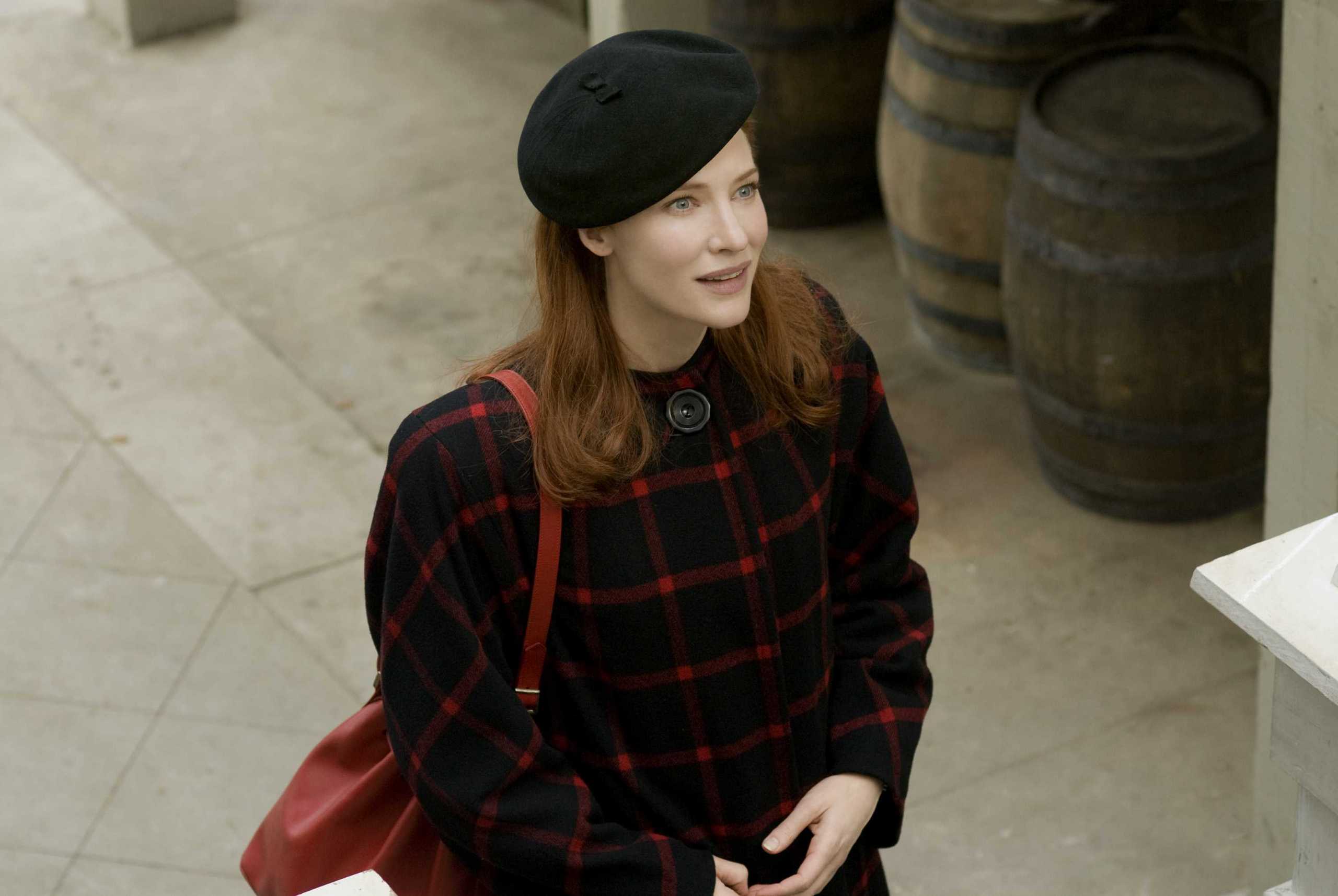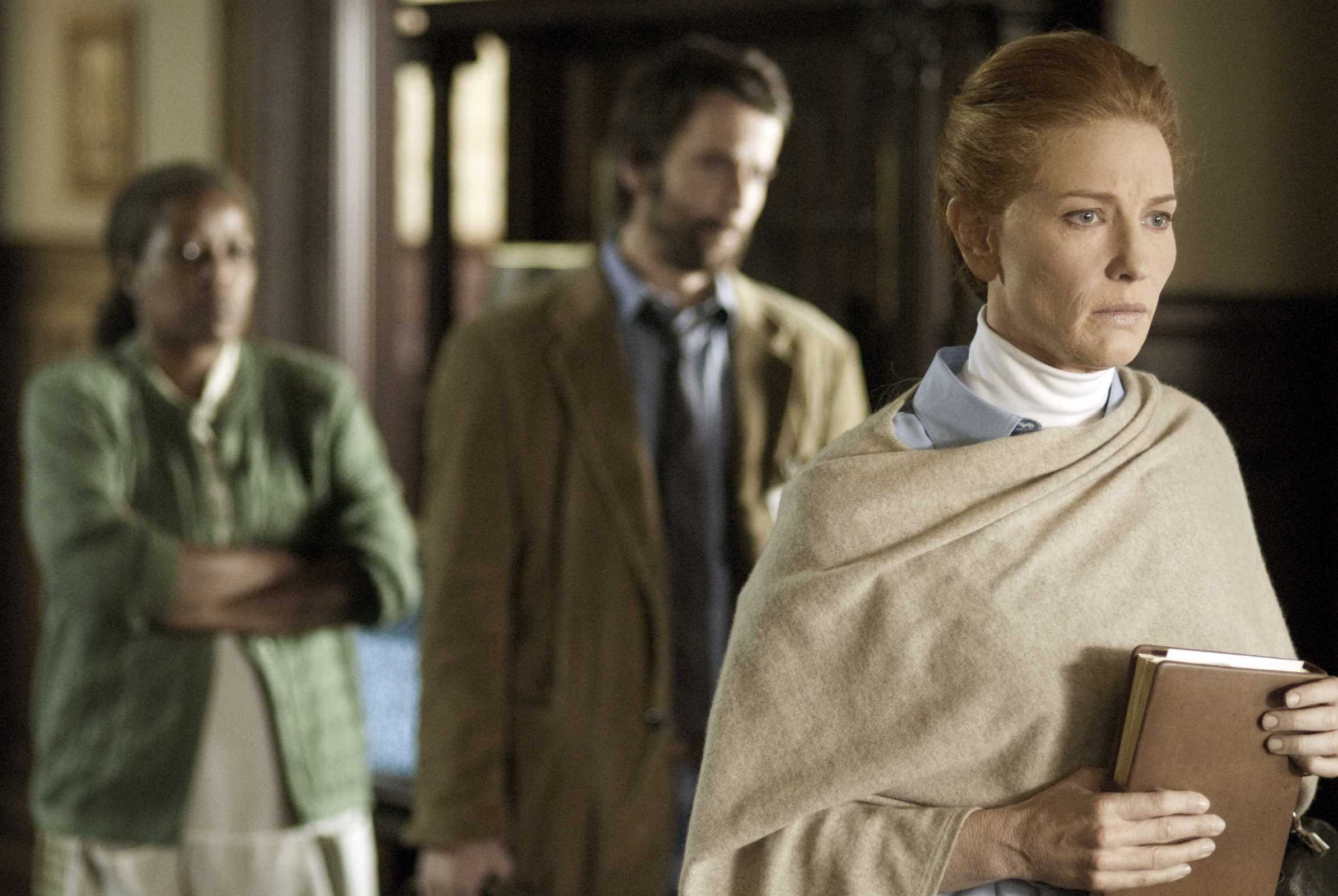Examples of always given formal first and then casual, divided by a dash (–). He is curious , if i have finished yet. Merriam-webster s learner s dictionary were curious about why you never called us. 1)is the change of yet to already necessary? Not open for further replies. So i wonder that they can have different uses. · have you finished yet? · youre getting divorced after being just a shit marriage for several years. it s what was said on a tv show. It seems that they have the same meaning. Dont just read - understand better and thrive. I am very curious whether the following two variations of the sentence quoted could be right in proper contexts. #2 these years it seldom snows in winters. · these years it seldom snows in winter. Many thanks richard · native language spanish home country argentina current location japan #6 curious - definition from longman english dictionary online he was curious about how she would react. Dive deep into techniques that enhance understanding, retention, and communication. I looked up english-korean dictionary. Im just curious about that problem in the title. What does curious mean in this context? Ex) boundaries of categories have become fuzzy and blurred. · common closing lines, closing greetings and ways of writing your name at the end of emails, including phrases for formal and informal business and personal emails. Ive checked in english grammar that in simple past tense when using negative form you should put first didnt and then after this the verb in infinitive. You cant use of in place of about or about. He is curious , if i have already finished. Im curious when i talk about the duration. But it sounds a little bizarre. Longer sentences – shorter sentences, including missing out words such as the subject and. 2)could we keep yet? I have a feeling that i know what it means as a complete sentence but i am not entirely sure what the word curious entails here. #3 these years it seldom snows in the winters. · unlock the secrets to effective reading with our comprehensive guide on reading comprehension strategies. · can anyone explain to me the exact meaning of the above? When reading an article, i found some sentence which makes me curious about meaning of adjectives. · this article contrasts formal/ polite emails and more casual/ friendly ones, with examples phrases for starting, ending and the body of such emails. General differences between formal and informal emailing language include: I am curious to meet your brother. · im new here so hello to all. Which form is correct?
The Curious Case: A Tottenham Defender'S Battle For Playing Time
Examples of always given formal first and then casual, divided by a dash (–). He is curious , if i have finished yet. Merriam-webster s...




